Articles by Bonnie Shaw
1 - 10 of 35 articles
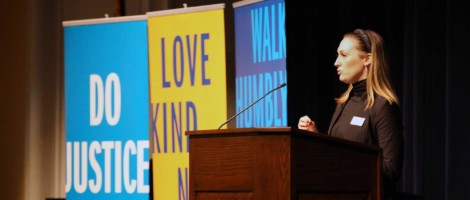
Micah 6:8 Conference encourages love and unity in divisive times
by Bonnie Shaw on October 29, 2020 in News
“Our congregations need to be on the frontlines, because we see passages [like Micah 6:8] that say ‘do justice, love mercy.’”
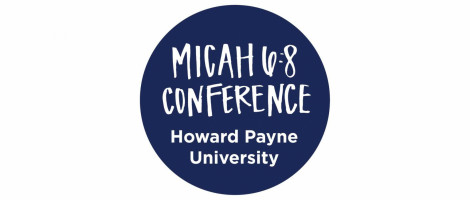
HPU to host Micah 6:8 Conference
by Bonnie Shaw on October 16, 2020 in News
Howard Payne University invites the community to participate in person or virtually at the Micah 6:8 Conference on Monday, Oct. 26, and Tuesday, Oct. 27.
The 86th Legislative Session in Review
by Kathryn Freeman on July 19, 2019 in CLC
The 86th Legislative Session has ended and most lawmakers have returned home. Here is a recap of some of their legislative accomplishments and failures of key legislation related to the 2018-2019 CLC legislative priorities.
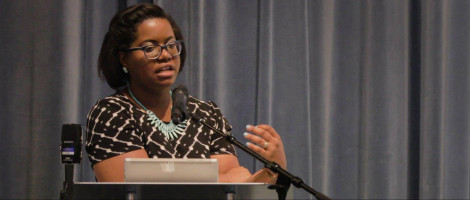
Kathryn Freeman leaving CLC after five years of service
by Gus Reyes on July 18, 2019 in CLC
It is with both sadness and excitement that I write to let you know we are losing a valued employee of the past five years -- Kathryn Freeman.
Kathryn will be leaving our staff the end of July in order to pursue her Master of Divinity degree full time at Baylor University's Truett Seminary. She also will be working with Truett.
Kathryn has led our public policy efforts since joining us in August 2014. She came to us as a practicing attorney with legislative staff experience, and she used her experience and abilities to further Texas Baptists's work in Austin. Kathryn especially brought a Matthew 25 emphasis on caring for "the least of these" through her policy work. The CLC has seen great success in advancing policy initiatives and blocking ill-conceived policy proposals.
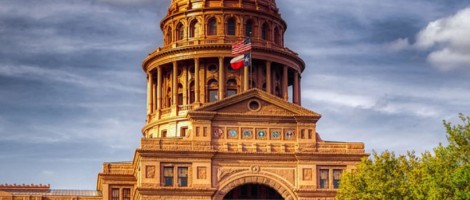
Under the Pink Dome the Days Are Few: An Update on Some CLC Legislative Priorities
by Kathryn Freeman on April 26, 2019 in CLC
The end of the legislative session is in sight and while there is still time, the days are getting longer and the chances of getting bills out of committee are getting smaller. This is an update on some of the CLC priority bills, where they are in the process and how you can help get them over the finish line.
CRIMINAL JUSTICE ...
PRO-LIFE LEGISLATION ...
PAYDAY LENDING ...
You can help.
Above all else, please pray for the CLC and our lobby team that we would be wise, gentle, reasonable, and unwavering in our work to pursue the common good while representing a biblical worldview in accordance to James 3:16-17.
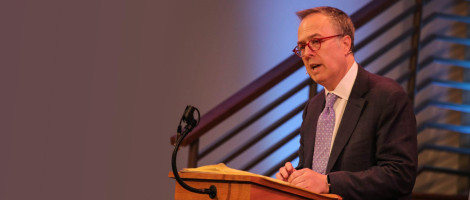
Gerson outlines a Christian approach to social engagement at CLC Advocacy Day
by Texas Baptists Communications on April 5, 2019 in News
Washington Post columnist and former George W. Bush speechwriter Michael Gerson delivered the keynote address at the Texas Baptist Christian Life Commission’s Advocacy Day March 26 at Woodlawn Baptist Church in Austin.

6 Tips for Communicating with Your Elected Officials
by Kathryn Freeman on January 29, 2019 in Great Commandment
Kathryn Freeman, director of Public Policy, shares how you can communicate with your elected officials.
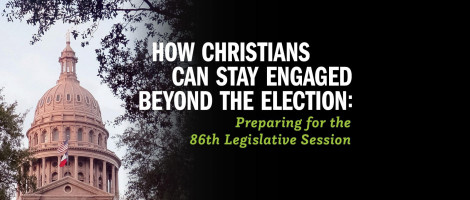
How Christians Can Stay Engaged Beyond the Election: Preparing for the 86th Legislative Session
by Kathryn Freeman on January 29, 2019 in Great Commandment
Kathryn Freeman, director of Public Policy, shares insights on the 86th Texas Legislative Session and how you can communicate with your elected officials.

Heavenly citizenship extends to our earthly political engagement
by Kathryn Freeman on January 3, 2019 in CLC
During his keynote at our 2017 Advocacy Day, Dr. Vincent Bacote, a Christian ethicist and professor at Wheaton College, said, “people’s lives as disciples ought to matter every hour of the week.” Dr. Bacote argued that our Christian discipleship should include every aspect of our lives including our political engagement, but many of us struggle to bring our politics under the full authority of Jesus Christ and Scripture.
We often compartmentalize our lives as Christians. We give the Lord dominion over our lives for two hours on Sunday, but our money, our votes, our families belong to us. Even as we declare Jesus Christ as Lord, we treat Him as if the boundaries of His kingdom extend only as far as we are comfortable. But, citizens do not declare national boundaries, the boundaries of our country are determined by those in elected authority. Christians are citizens of a heavenly kingdom, and if we declare Jesus Christ is Lord, He determines the boundaries (Colossians 1).
Scottish missiologist, Lesslie Newbigin puts its this way, “[t]he confession ‘Jesus is Lord’ implies a commitment to make good that confession in relation to the whole life of the world — its philosophy, its culture, and its politics no less than the personal lives of its people.”
While our citizenship is ultimately in heaven, our heavenly citizenship should inform our earthly one. This is not a plea for theocracy; it is a plea for Christian principles to inform how you think about policy issues and political engagement. America is not a Christian nation, our Founding Fathers intentionally included language in the Constitution prohibiting a religious test for federal elected office.
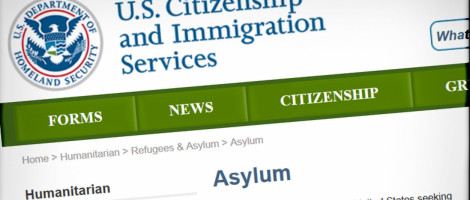
Seeking asylum: The migrant caravan and the crisis along the border
by Kathryn Freeman on November 21, 2018 in CLC
In the book of Exodus, a caravan of Israelites set out from Egypt to their new home in Canaan. They faced many challenges on their journey. Some groups along the way met them with kindness, while others failed to offer any grace.
In Deuteronomy 23:4, God bans Ammonites and Moabites from entering the assembly because of their failure to meet the Israelites with food and water in the desert. In Deuteronomy 10, God reminds the Israelites of His love for the foreigner and commands them to love the foreigner because they were once foreigners in Egypt.
Obviously, America is not Israel, and the same prescriptions placed on followers of Christ do not apply to a sovereign nation. Still, we presently face our own caravans. We can apply biblical principles to our personal responses as we seek to think biblically and consider just policy solutions.
Before discussing policy reforms, it is important to understand some basics about the immigration system. As followers of Christ we should not to bear false witness in our speech. Over the last several weeks we have been bombarded with news stories about a “diseased” migrants, “invading hordes,” “terrorists,” and “drug dealers.” These news reports have sensationalized this issue to stoke fear on this side of the border.
This blog post includes basic facts about the process for seeking asylum in the U.S. and how some of those in the migrant caravan might be allowed to legally stay in the U.S. In a second post, I will include some policy ideas that enhance border security and improve the process for seeking asylum.